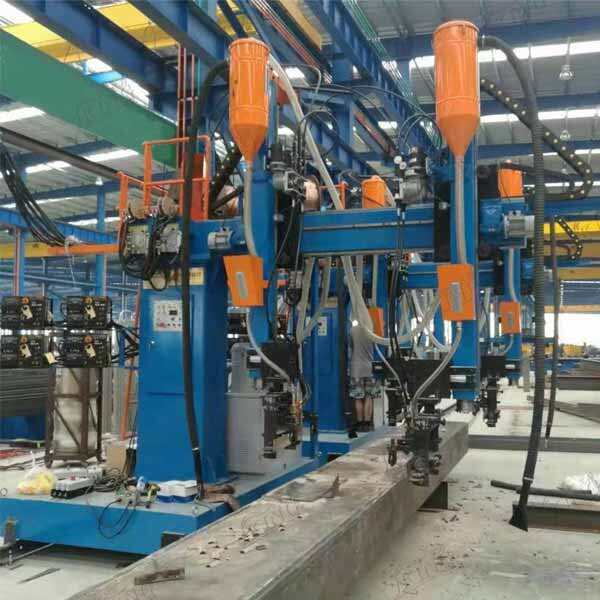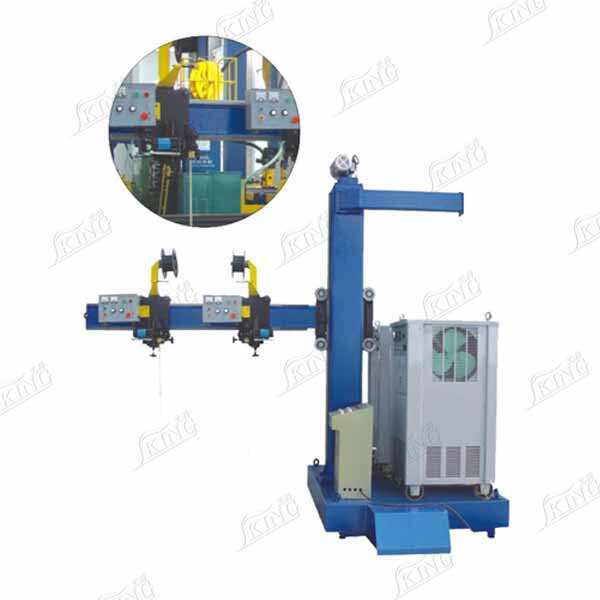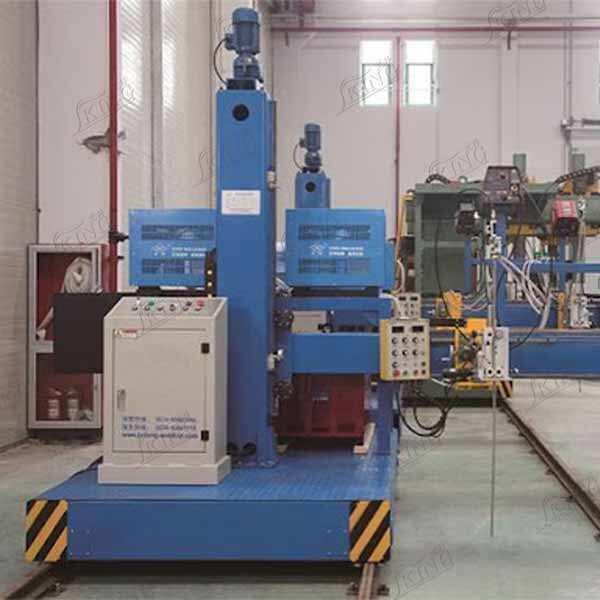esw machine for nuclear vessels
The ESW (Electroslag Welding) machine for nuclear vessels represents a cutting-edge solution in nuclear power plant construction and maintenance. This sophisticated welding system is specifically engineered to meet the stringent requirements of nuclear vessel fabrication, ensuring exceptional weld quality and structural integrity. The machine employs advanced electroslag welding technology, which utilizes electrical resistance heating and a molten slag bath to create deep, uniform welds in thick metal sections. Operating with precise digital controls, the ESW machine maintains optimal welding parameters throughout the entire process, ensuring consistent penetration and fusion. The system features automated tracking and positioning mechanisms that guarantee accurate weld placement and minimize human error. Safety features include real-time monitoring systems that track temperature, current flow, and slag composition, while integrated cooling systems prevent overheating. The ESW machine is particularly valuable for joining thick steel components in nuclear vessel construction, capable of handling material thicknesses ranging from 30mm to over 300mm in a single pass. Its application extends to critical components such as reactor vessels, steam generators, and pressurizers, where weld integrity is paramount. The machine's design incorporates radiation-resistant materials and components, ensuring reliable operation in nuclear environments.


